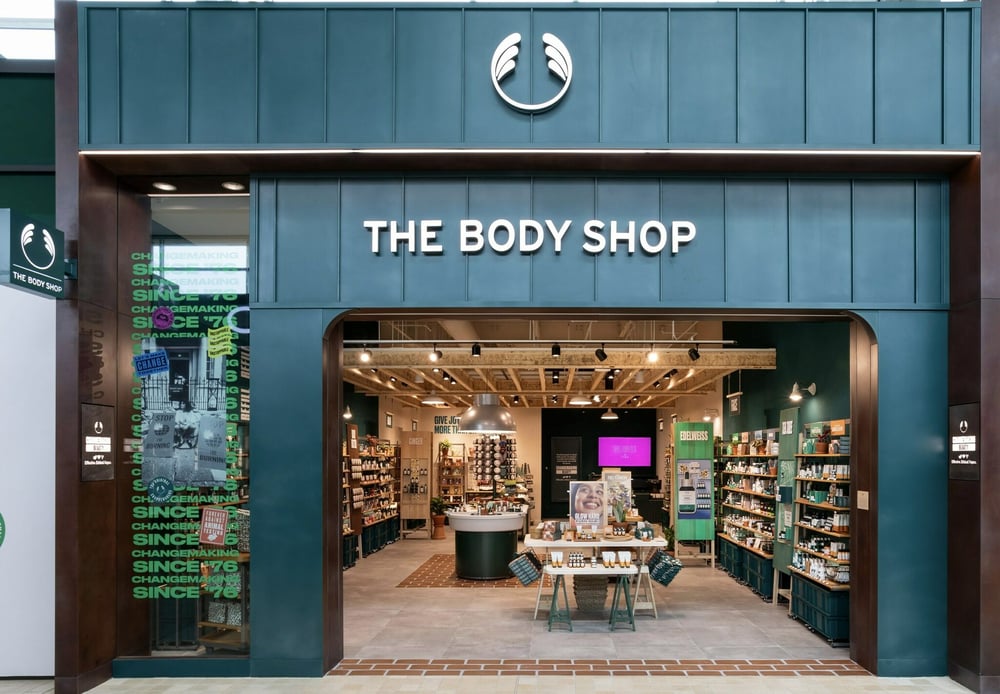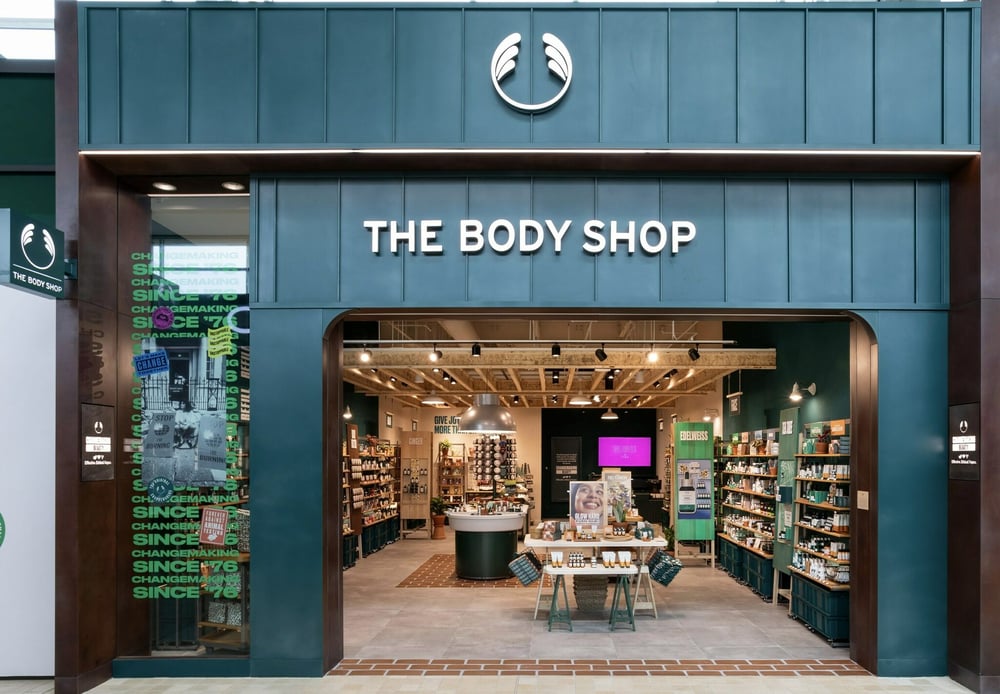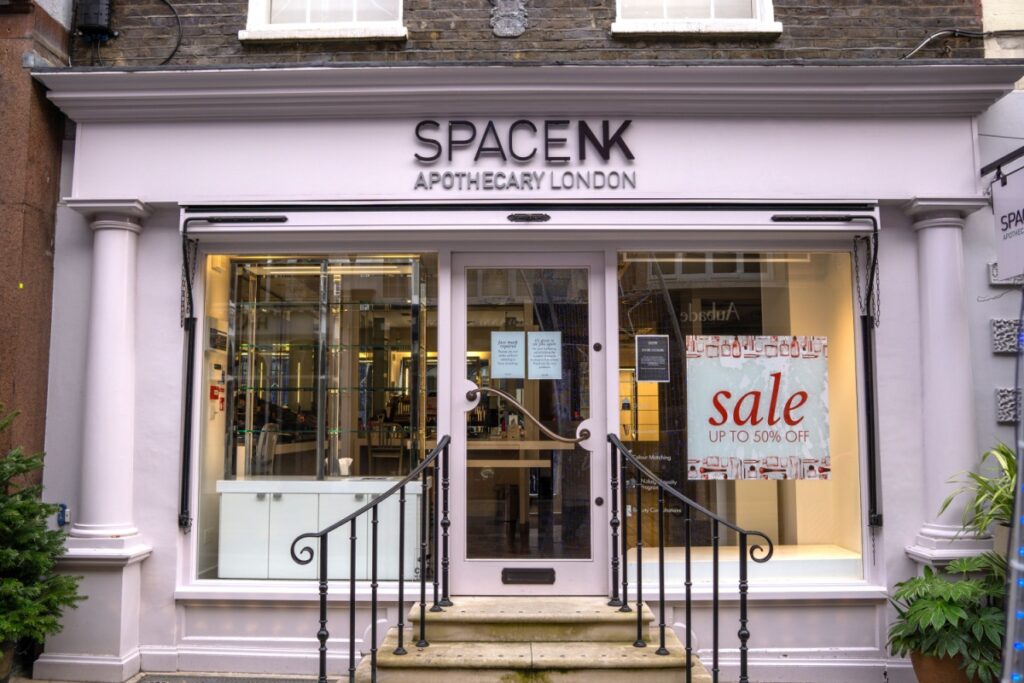It’s no surprise that Britain’s high streets are facing their biggest challenge yet.
A beleaguered retail sector started the year wondering how it would survive changing consumer habits, loss in footfall and the increasing competition from slick digital operators. But now faced with a pandemic that has led to enforced prolonged closures, investment in social distancing measures and a business model challenged by implementing countless new health and safety measures, it’s unsurprising that even more retailers are facing an existential threat.
“Keeping the doors open in pharmacies has been at a cost”
Community pharmacy may appear to be in a strong position to deal with the impacts of Covid-19. Afterall, the 11,000 or so stores have remained open throughout the coronavirus lockdown. It may appear that their income from the NHS is secure and no one can argue that their products and services have been in demand – massively so – in the last few months.
But all is not what it seems.
Keeping the doors open in pharmacies has been at a cost. Like other retailers, we have been required to invest in equipment to keep our people and our patients safe. We have been faced with unprecedented demand for our services, yes, but unlike the grocers, the “products” we are dispensing provide a fixed income.
We have been unable to provide some of the usual services – like vaccines, diabetes screening, smoking cessation guidance, and more – or sell the over-the-counter items that provide us with the margin that keeps us viable. By prioritising the safe supply of medicines throughout the crisis we have also had to invest in locums, delivery drivers and other additional staff members when faced with absence rates of ten per cent.
“We’re not asking for rent reductions (unlike some), just that rents are spread evenly over the next three months”
Most commercial leases require tenants to pay rent on the usual quarter days – the next one being June 24. We know that concerns have already led to many large retail outlets approaching landlords with requests for rent relief. Shopping centre group Intu collected just 40 per cent of due rent for the first quarter of the year, for example.
Some of these large retailers are, frankly, facing imminent death from the mortal wounds inflicted by the pandemic. Landlords – confronting their own financial hardship – could be rightly concerned about the likelihood of ever receiving their income.
We recognise that in many cases, our landlords aren’t giants like British Land or Hammerson, they are individuals with small portfolios. We don’t operate from flagship stores in The Trafford Centre or Meadowhall, just small units in parades of shops in communities up and down the country.
LloydsPharmacy is no Laura Ashley, no Victoria’s Secret. We shall be serving our patients and communities long into the future. And that is why landlords need to understand that their forbearance will help secure their income long term. Their interest – just like ours – is in a sustainable business. We’re not asking for rent reductions (unlike some), just that rents are spread evenly over the next three months.
It’s an uncertain climate for everyone at the moment, but we’re asking for landlords’ help to ensure that our pharmacies and distribution centres are able to run effectively through this most difficult of times. Continuing to provide essential health services to patients is in all our interests.
Click here to sign up to Retail Gazette‘s free daily email newsletter


















